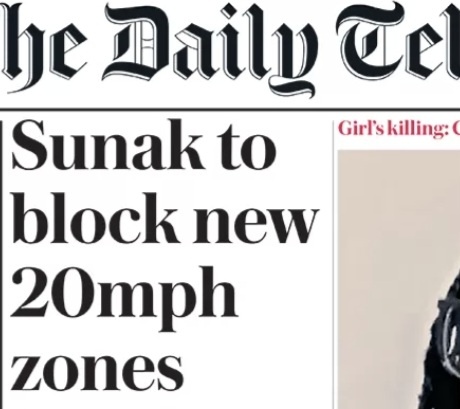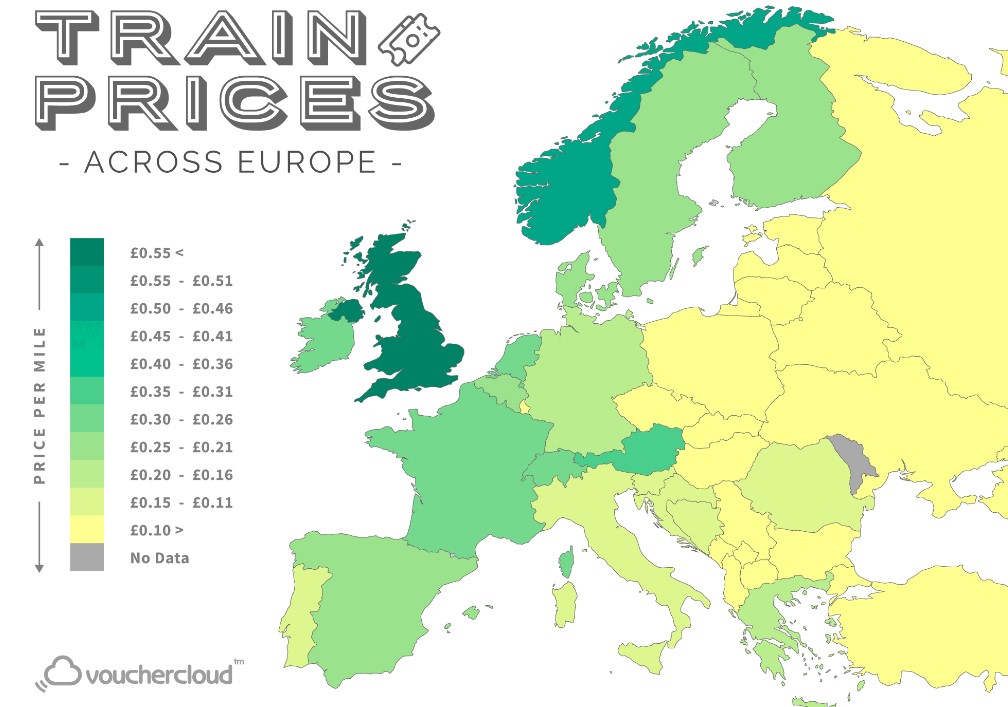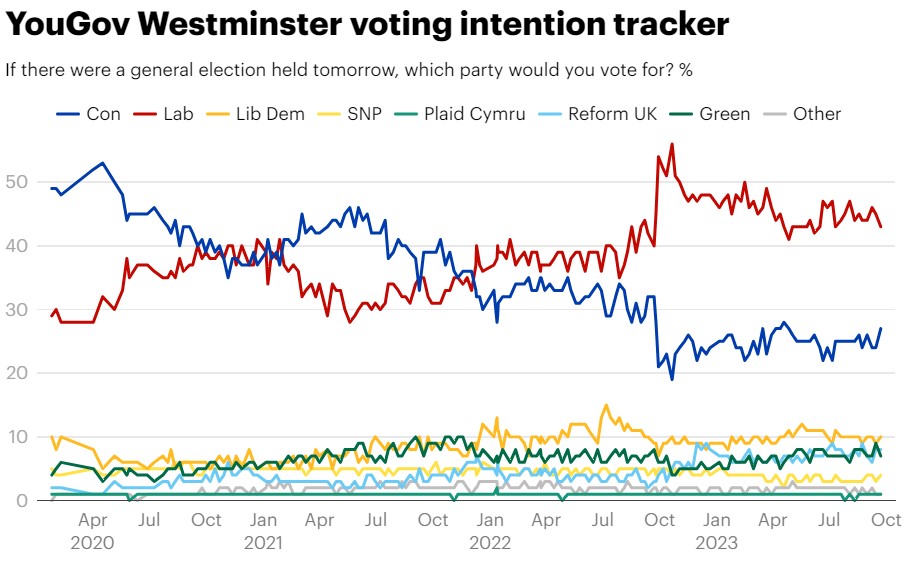Rishi Sunak may think that he is on a winner rolling back government commitments on zero carbon, but it is not likely to save him, come the next general election. At best, pushing back the ban on petrol and diesel vehicles will shore up some Tory voters – like the Daily Mail crowd – who would have voted for him anyway.
What Sunak is trying to do is to play to an imaginary motorists’ vote, in the hope that it will bolster the Tories across all aspects of policy. Misinterpreting the result of the Uxbridge by-election, which focused on the specific issue of London’s Ultra Low Emissions Zone, he belives that a delayed ban on petrol and diesel vehicles will undo all of the damage his government is doing on living standards.
His latest wheeze is to stop local councils imposing 20mph speed limits, as they often do around schools and in quiet residential streets. Sunak imagines that the parents of school children are unconcerned about this issue.
Some polls appear to support Sunak
At first glance, polls by Ipsos-Mori seem to show that rolling back plans to phase out diesel and petrol cars might be a winner. In the days immediately after his announcement, September 21-22, the public reaction seemed to be more or less evenly split. Among those who had heard Sunak’s announcement, 47% thought it was right and 46% thought it wrong.

This poll reflects some genuine concerns among ordinary workers that they will simply be unable to afford to switch to electric vehicles in the given time. We are in the middle of the biggest cost of living crisis in generations and it sometimes appears that electric vehicles are the preserve of the relatively well off. Yet, for many workers a private car is still a necessity of life, with public transport in the UK being unavailable, unreliable or just too expensive. UK trains are currently the most expensive, mile for mile, in Western Europe, thanks to privatisation.
A Labour leadership worthy of the name would easily get around that by putting forward socialist policies for accessible, reliable and above all cheap public transport, which would have to mean a publicly-owned integrated transport system. Where electric vehicles were an unavoidable necessity, such as in rural areas, Labour should make sure that pricing and subsidies make a transition to electric a viable option for ordinary workers.

Where there was concern among many voters in Uxbridge, it was about the cost of ULEZ, and changing from a high to a low emissions vehicle, not the principle of clean air. For the Tories to hang on in that seat was no small thanks to the capitulation of the Labour candidate, who meekly agreed with the Tory candidate on the issue.
Wider issues of the environment and living standards
Sunak’s tilt towards the motorist might have some possibility of success, if Labour fails to put forward policies that offer some relief to the squeeze on living standards, including the costs of transport. Labour has to put forward the policy of a “just transition”, which means that a generalised shift to electric vehicles, has to made affordable to the general public and linked to a better public transport infrastructure.
Nevertheless, on the wider issue of climate change and the environment, not to mention on living standards, the Tories are still well behind in the polls and Sunak’s policy for cars is unlikely to change that much. It is not just on climate change and zero carbon that there is concern about the environment. The public at large are aghast at the government allowing the privatised water companies a free hand to dumpt tens of thousands of tonnes of raw sewage into rivers and onto beaches.
This, and other issues, make the government so unpopular that many Tory MPs are already touting for jobs in business, for when their parliamentary careers hit the buffers. Even the Ipsos-Mori poll mentioned above found that as few as 26% trust the Tories to “make the right decisions” to protect the environment. On the crucial issue of living standards, only 15% trusted the Tories.
Labour has 55% lead among 18-24 year olds
It is fairly well established that climate change is an extremely important issue among younger voters, and understably so, given that they will face the consequences of extreme weather events for decades to come. Sunak’s watering down of commitments on electrification and his embrace of even more North Sea oil and gas extraction will not go down well among younger voters.

The latest YouGov polls should give Sunak even more cause for concern. Their poll in August showed that 70 per cent of the population believe climate change is “happening as a result of human activity”. Only 2% do not believe the climate is changing. Among 18-24 year olds, the figures corresponding figures are 76% and 2%. Among all ‘political’ categories (Conservative, Labour, Lib-Dem, Leave and Remain) there is a majority who believe climate change is real and caused by human activity. Even among Tory voters, the figure is 61%.
Labour has a polling lead in every age group except the over 65s
In terms of voting intentions, a YouGov poll from September 21-22 shows Labour with a 16% lead, within which Labour has a lead in every age group up to the age of 65, including an incredible lead of 55% among 18-24-year-olds (Tories 9%, Labour 64%).
Opinion polls are limited, in the sense that they are only a snap-shot of what is in reality a moving picture. They are also unreliable in so far as complex political question cannot be reduced to relatively simple, often ‘Yes or No’ answers.
A correspondent writing in the Financial Times (September 29), specifically on the limitations of polling, noted that “In the UK, Rishi Sunak’s government appears to be trying to poll its way to popularity… But after many weeks and many issues — immigration, clean air schemes, net zero — the Tory vote share hasn’t budged”
What will determine the outcome of the next election will principally be whether or not the majority of voters will feel they will be better off or worse off under the Tories. On all the key issues – prices, rents, housing, energy prices, the NHS, education and, not least climate change and the environment – the trajectory is only one way, and no amount of grandstanding by Sunak will change that.



